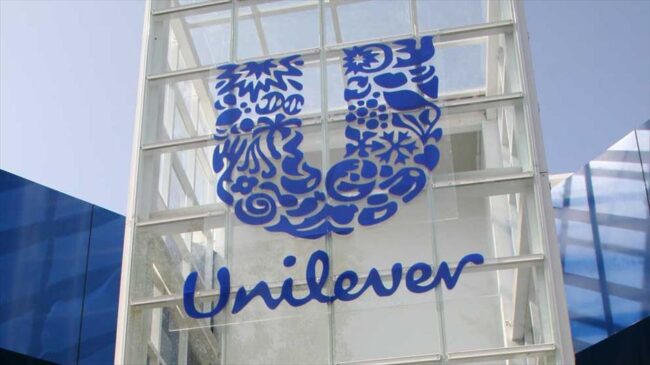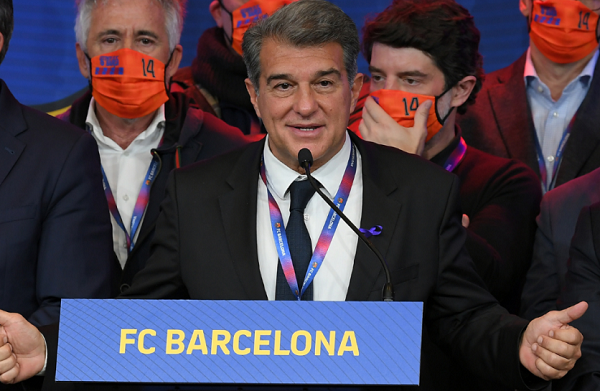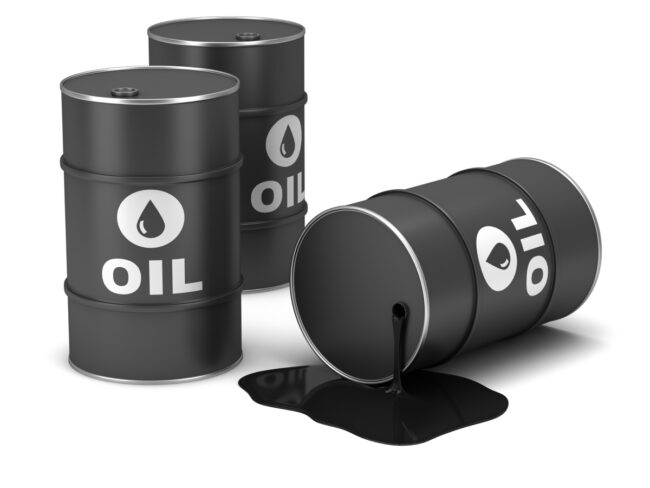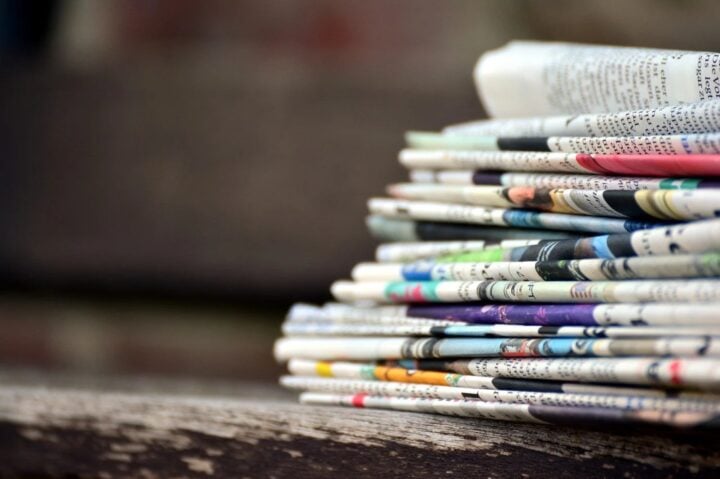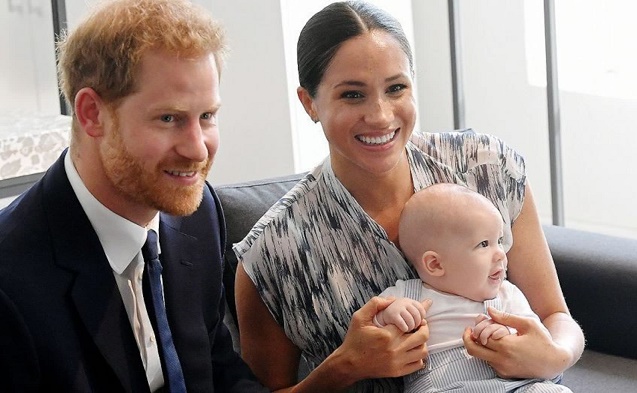Unilever Nigeria Plc, has made further progress in rebuilding sales revenue as seen in the final quarter of 2020 when turnover grew by over 84 per cent quarter-on-quarter.
Declining sales revenue has been at the centre of the company’s challenges. However, the sustained recovery in sales in the second half of last year enabled management to head off a decline in turnover at full-year and also cut the loss position for the year.
The final quarter profit could not remedy the net loss of more than N2 billion that Unilever incurred at the end of the third quarter. The company built losses of over N3 billion from second and third quarter operations. Its profits of over N1 billion earned in the first quarter and the N486 million in the final quarter reduced the full year loss position to N1.6 billion.
Loss of sales revenue was the key factor in the plunge into loss of over N4 billion in 2019. The upbeat in sales seen in the second half of last year and cost reductions that cut the loss figure for the year are the positive signals for a possible return to profit for Unilever in the current financial year.
Advertisement
The positive indication on sales is strengthened by drastic actions on the side of cost savings. The company’s management took steps to address the problem of rising costs in the third quarter and succeeded in slashing operating expenses across the board at full year.
The company’s report for the 2020 full-year yet to be audited shows an upbeat in the final quarter, which shifted the bottom line from a loss of N1.5 billion in the third quarter to a profit of N468 million for the fourth quarter. The improvement fell far short of a final quarter windfall the company needed to deliver profit at full-year.
However, the hopes for rebuilding the company’s revenue capacity that surfaced in the third quarter were sustained in the final quarter. There was a turnaround from 40 per cent drop in sales in the second quarter to a 94 percent upsurge quarter-on-quarter in the third quarter.
Advertisement
Unilever Nigeria reported a net loss of N1.6 billion for its full-year trading in 2020. This is the company’s second year in the red with a reduction however from a loss of over N4 billion in 2019.
Unilever Nigeria posted a turnover of N61.6 billion for the full year operations ended December 2020. The figure represents a slight increase of 1.3 percent – which indicates good progress from a drop of 13 percent in turnover year-on-year at the end of the third quarter. The strong growth in sales recorded in the final quarter provided the boost to the full year position.
Sales recovery in the final quarter reflected gains in both of the company’s two broad market segments – food products and home/personal care products. Home/personal care products led the growth in sales in the fourth quarter but the full year position still showed a drop of 7 percent in sales in this segment. Revenue from food products grew by about 9 percent and therefore accounted entirely for the modest gain in turnover in the year.
Input cost provided a big cost saving area for Unilever Nigeria in 2020 with the biggest gains recorded in the final quarter. Compared to over 84 percent growth in sales revenue within the final quarter, cost of sales increased by only 7 percent over the same period.
Advertisement
The resulting cost saving enabled the company to shift position from gross loss of N3 billion to gross profit of almost N4 billion quarter-on-quarter in the final quarter. The slowdown in input cost in the final quarter led to a favourable position at full year where cost of sales dropped against the marginal improvement in turnover.
At close to N48 billion at the end of December 2020, cost of sales dropped by roughly 12 percent. This provided a cost saving angle for the company that boosted gross profit. It reduced the proportion of sales revenue claimed by cost of sales from 89 percent in 2019 to 77.6 percent at the end of 2020.
Gross profit more than doubled at over 106 percent to close at N13.8 billion for the year. Gross profit margin doubled from 11 percent to 22.4 percent over the review period.
The company also saved cost from selling/distribution expenses, which dropped by over 10 percent to N2.8 billion. Marketing/administrative expenses reversed from a 27 percent growth at the end of the third quarter to a decline of 1.7 percent at full year. Impairment loss on receivables is the only expense line that grew in the year and it rose by nearly one-half to over N1 billion at the end of the year.
Advertisement
The company closed the 2020 financial year with an operating loss of N3 billion but this is a huge drop from an operating loss of over N10 billion in 2019. A drop of 73 percent in finance cost compensated for a drop of 48 percent in finance income and maintained a net finance income position for the year.
The company cut its borrowings from N494 million at the end of September to N211 million at the end of 2020.
Advertisement
The full-year ended with a pre-tax loss of almost N2 billion, a sharp drop from a loss N8.6 billion in 2019. A tax credit of N364 million lowered the net loss to N1.6 billion against a net loss of N4.2 billion in the preceding year.
The company ended the full year operations in 2020 with a loss of 28 kobo per share, down from loss per share of 74 kobo in 2019.
Advertisement

